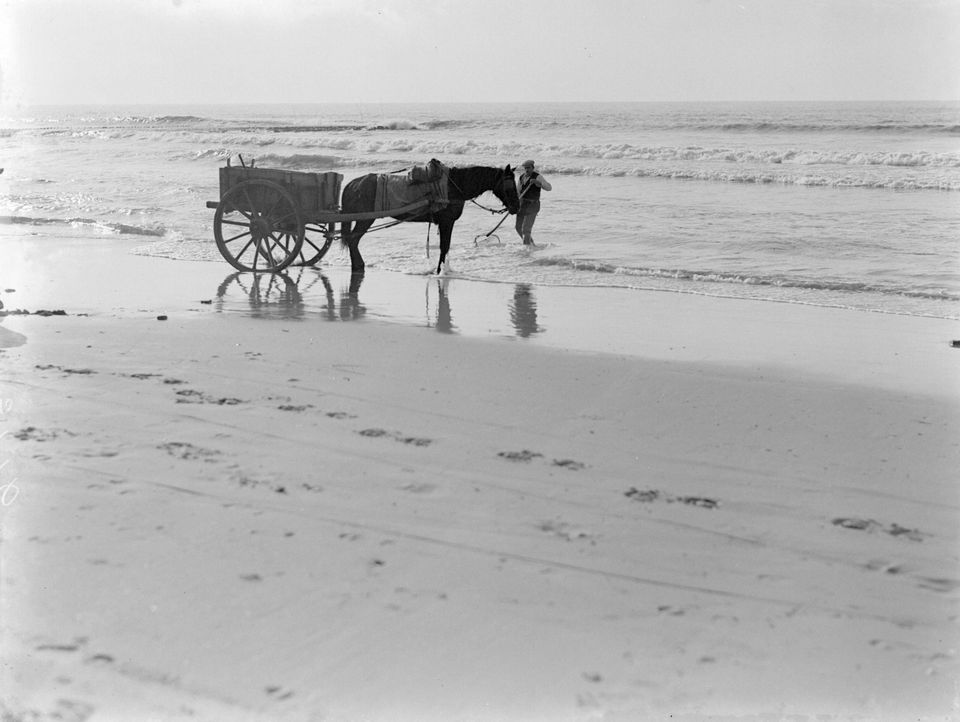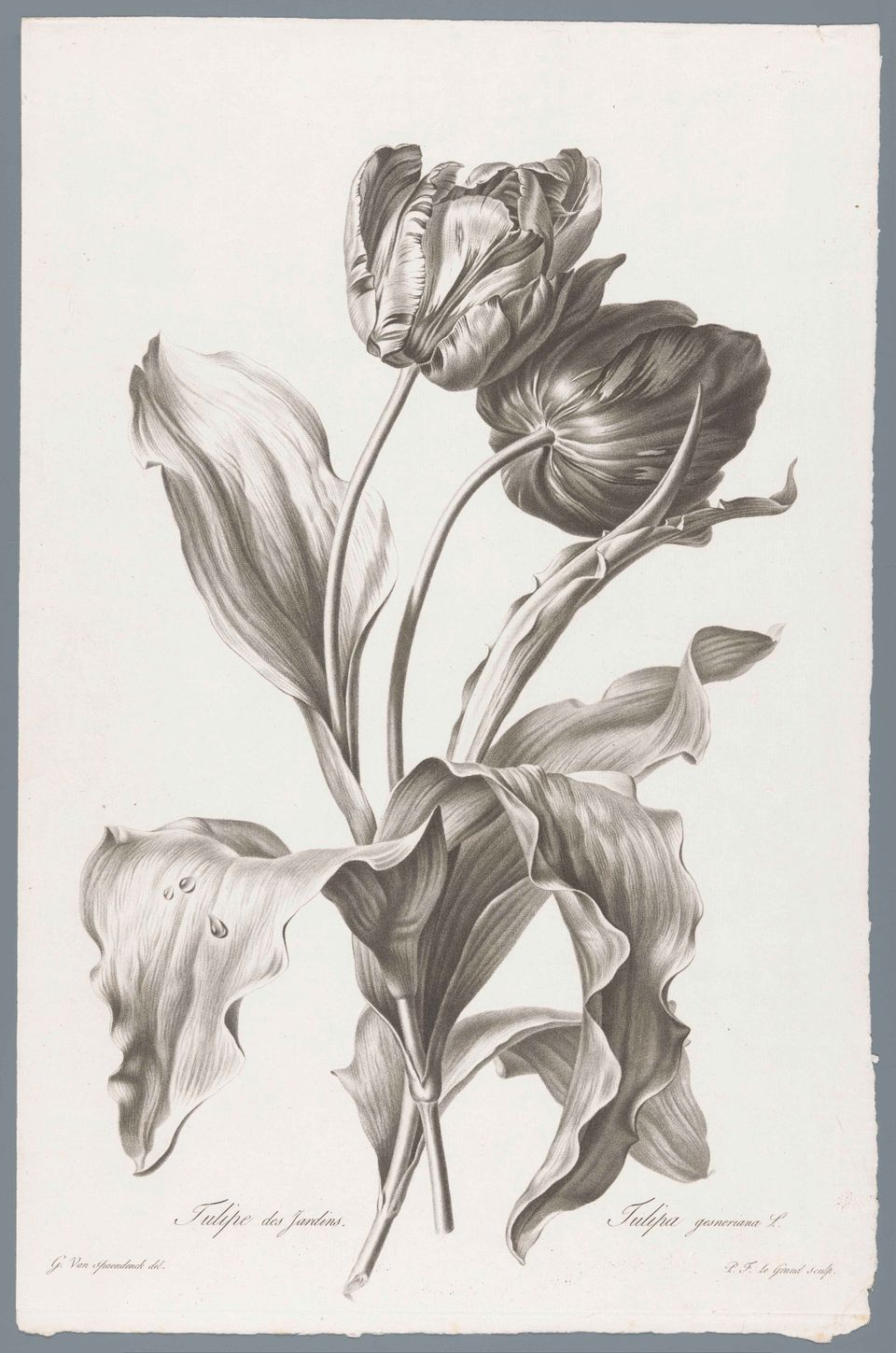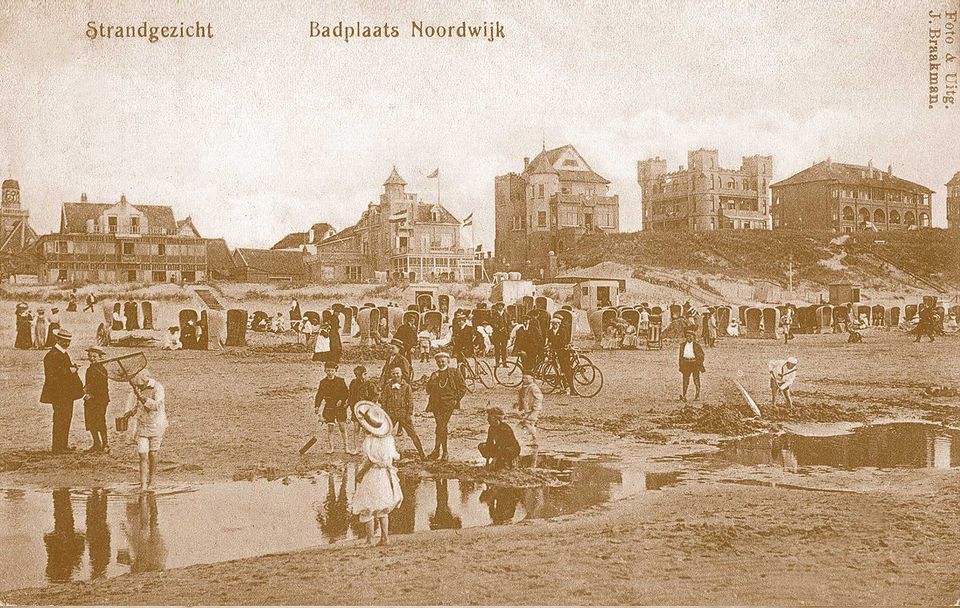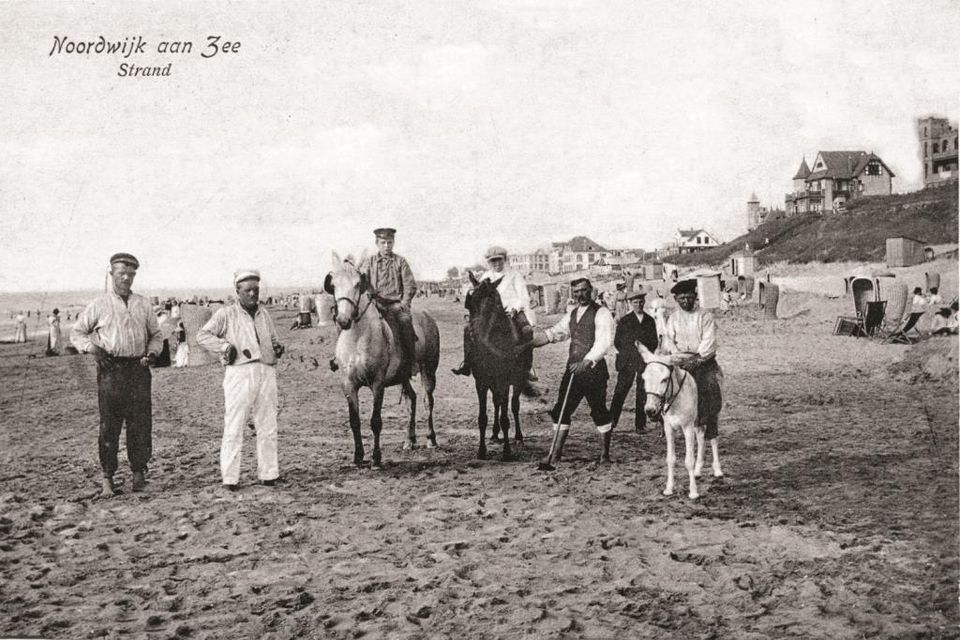History
Noordwijk has a rich history, stretching back to around 2000 BC, the date of the first traces of inhabitancy. In 847 a Scottish Benedictine monk, named Jeroen, came to Noordwijk. He built a chapel and carried out missionary work. In 856 Jeroen of Noordwijk was tortured and beheaded by the Normans. After his death a Roman chapel was built in his honour, which quickly became a place of pilgrimage.
A tale of fishermen and bulbs
The first inhabitants of Noordwijk were probably fishermen. The first 'vierboet' (lighthouse, a fire on a hill) was built in 1444, on the site of the current Grand Hotel Huis ter Duin. In 1474 Noordwijk had a fleet of 38 fishing boats called bomschuits which sailed from the beach. The last bomschuit sailed a hundred years ago, in 1913. In the 18th and 19th centuries Noordwijk grew to become the most important producer of herbs in the Netherlands. The herbs were generally traded in Amsterdam and used medicinally. Herb cultivation was followed by bulb cultivation. By the end of the 19th century tulips, daffodils, gladioli and other flowers were grown. Today the Noordwijk bulb area covers 311 hectares of land.
Visit Museum Noordwijk
“ The history of Noordwijk ”
A tale of fishermen and bulbs
In de 18de en 19de eeuw groeide Noordwijk uit tot het belangrijkste kruidencentrum van Nederland. De kruiden werden vooral in Amsterdam verhandeld en gebruikt voor medicinale toepassingen. Na de kruidenteelt kwam de bloembollenteelt op in Noordwijk. Aan het einde van de 19de eeuw waren hier ongeveer 250 bloembollenkwekers actief, die gezamenlijk 252 hectaren beplantten met onder andere tulpen, narcissen en gladiolen.
More about Proeftuin Noordwijk
Floral seaside resort of Europe
Noordwijk first became a seaside resort in 1866. Those were the days of bathing machines and operators, when days out at the beach were a fashionable activity for the elite. Sea water was believed to have a cleansing effect. The arrival of the steam tram enabled many holiday makers to visit the seaside. The unique combination of the beach and the colourful fields of flowers ensured that Noordwijk blossomed into the 'floral seaside resort of Europe'.

